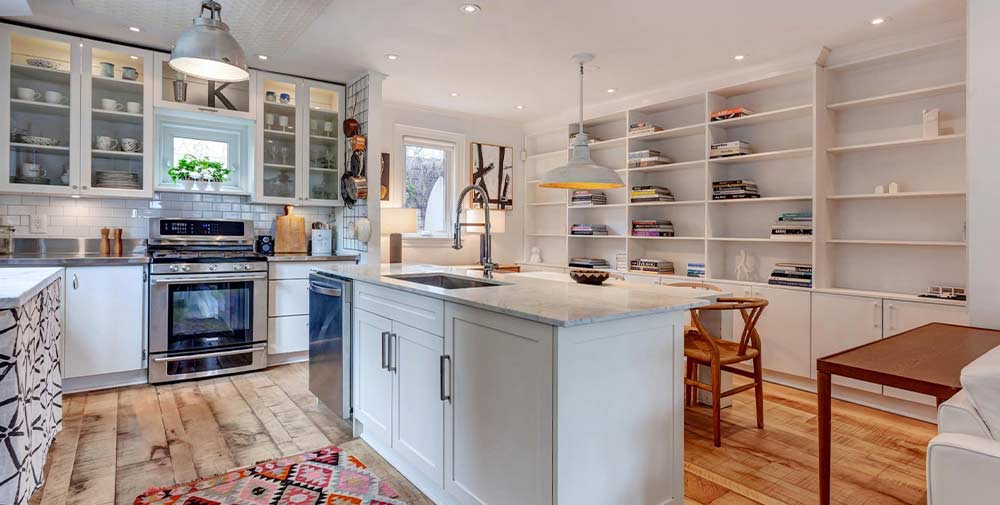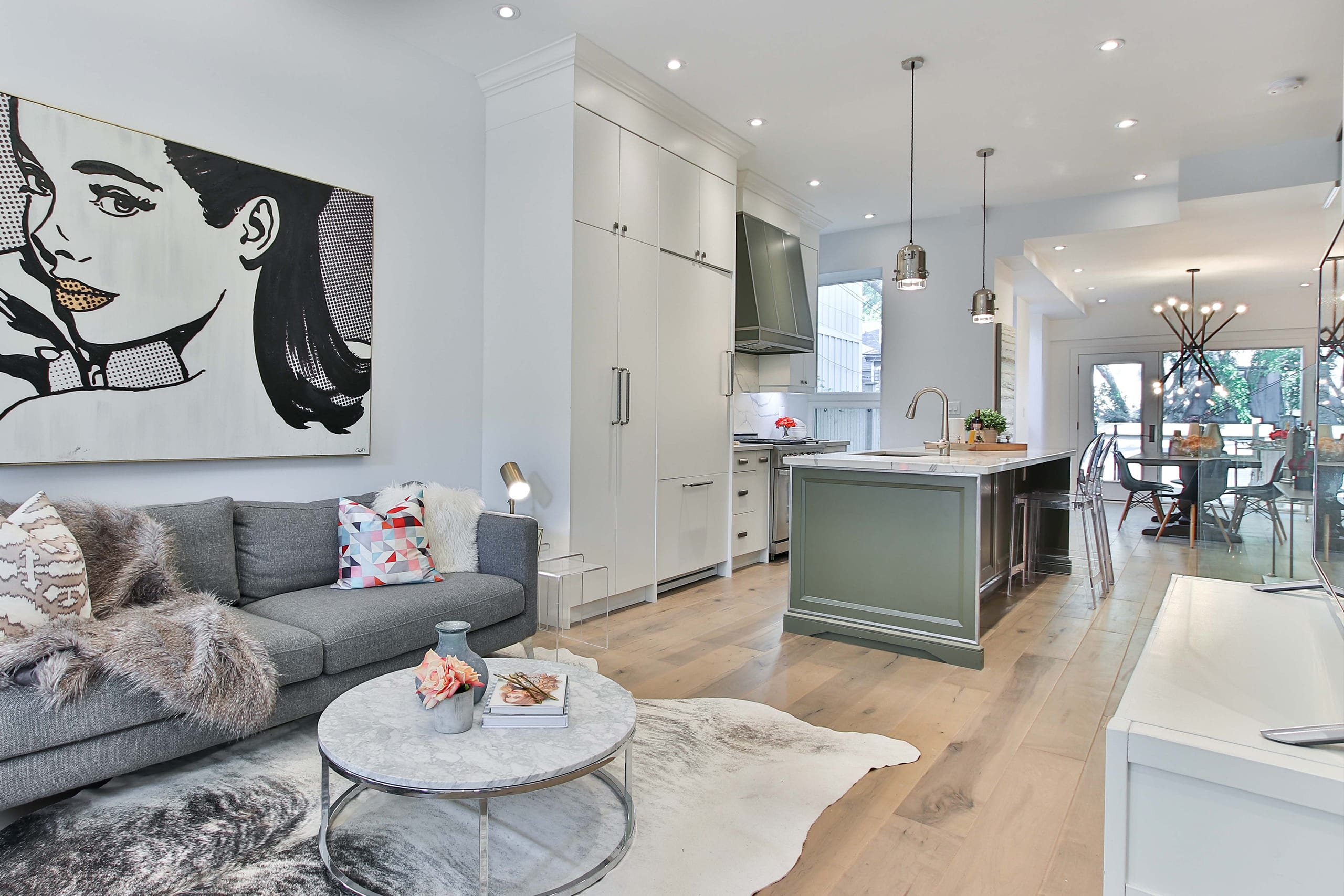No doubt about it: the end of a marriage or common-law partnership can be difficult. From an emotional standpoint, it takes time to process your emotions and move on with your life. From a practical one, there are logistical decisions that need to be made—and whether to sell the home you shared with your spouse is chief among them.
As a real estate agent, I’ve dealt with countless people who are in this situation. Often, they’re not sure whether they should sell right away, wait and do so later, or buy out their soon-to-be-former partner so that they can stay put. The truth is, there’s no one-size-fits-all solution. Circumstances will differ from one person to another. What I can say is, selling sooner rather than later often makes things easier for all involved.
Here are a few reasons to consider putting your home on the market before you and your spouse part ways…
It can make your settlement negotiations easier
Even if you and your former partner are on good terms, the division of assets—especially the matrimonial home—can get complicated. Let’s say you want to remain in the property you shared with your spouse. You’ll need to buy them out first, but there’s a good chance that the two of you will have very different ideas about how much they’re owed.
To learn more about the legal side of this scenario, I spoke to Toronto family lawyer and mediator Kelly Jordan. “Parties frequently disagree on the value of a home,” says Jordan. And, she notes, coming to an agreement can sometimes be pretty tricky. While certified appraisers may be of assistance, neither party can be bound by the numbers they provide. When it comes to determining value, “in almost all cases, there’s no alternative but to sell the home.”
The truth is, you could spend a lot of time, energy, and money trying to determine fair market value—all to no avail. Agreeing from the beginning to sell is sometimes your best course of action. Since other issues (such as spousal support, if it applies) will likely be impacted by your home’s value, getting your sale out of the way first can seriously simplify the settlement process.
It could help you move on
It goes without saying that most people have a strong emotional attachment to their home. We’re talking about a place where you’ve made countless memories—from birthdays and holidays to family dinners and lazy weekend brunches. If you have kids, you’ve probably celebrated a lot of “firsts” within those four walls. That said, you’ve likely had challenging times there with your spouse, too. For some people, the disagreements are hard to forget.
This brings me to one of the best things about selling your home before you separate. Sometimes, moving out can mean moving on. It allows you to let go of the past—and if you have things to work through with your former partner, you may find it helpful to do so in a more neutral space.
Of course, kids can complicate this decision, and you might decide that remaining in your home is in their best interest. But there are circumstance when a fresh start is what’s best for everyone, so think carefully before deciding either way!
Buying your home could be a financial burden
Let’s say you want to hold onto your house. Any bad memories that may be attached to it don’t cause you much anxiety. You love your living space, the way you’ve decorated it, and the neighbourhood. There’s just one potential problem. Buying out your spouse is going to cost you.
“Sometimes, parties will pay a premium because of their attachment to a home,” says Jordan. That’s understandable, but is it really the right move?
There are a few questions you should ask yourself before you decide to keep your home. Most importantly, can you afford it? If you’ll need to take out a new mortgage or line of credit to do so, the result could be a whole lot of debt. That could impact your future plans (including your ability to purchase another home one day).
It’s worth noting that in some cases, you may be able to avoid buying your partner’s stake in the home by agreeing that they can hold onto other high-value assets (such as RRSPs and non-registered investments). But even in this situation, you’ll want to ensure you can afford to maintain your property long term.
You don’t know what the future holds
Some people hold onto their homes because they believe they’ll get a much bigger return down the line. The truth is, while timing the sale of your property can result in a better price, it often doesn’t make as much difference as people think. Having said that, your agent can help you assess market conditions and determine whether you’re likely to net significantly more a year from now than you are today.
Here’s the thing, though. None of us knows what’s going to happen in the future. I’ve been in the real estate business for a long time, and I certainly don’t claim to be clairvoyant! In other words, it doesn’t make sense to tie your decision to market expectations—especially if selling now makes sense for other reasons.
One last thing worth mentioning: depending on your circumstances, you may have no choice but to sell. “Ultimately, if one party insists on the sale of a jointly-owned home, it will need to happen,” says Jordan. The good news is, if you and your partner can agree to do so before the separation process is well underway, things just might be a whole lot simpler!
Are you going through a separation? Need help selling your matrimonial home? Get in touch, and we can set up a time to discuss your needs.





